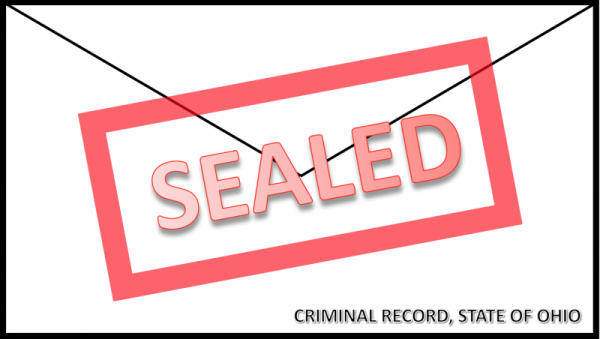In Ohio, an expungement is the same as sealing a record.
Expungement is a legal process provided under Section 2953 of the Ohio Revised Code that allows one to have any and all references to a prior criminal conviction cleared and their court file sealed. The result of this process is as if you were never convicted of the crime.
BIG NEWS! As of October 29, 2018, Ohio officially expanded its expungement law.
The new expungement law allows for a review for a person with up to five F4/F5 felonies and/or unlimited misdemeanors.
According to the new statutory makeup in ORC § 2953.32, persons with non-violent, non-sexual misdemeanors and/or felonies up to F4 or F5 may now be eligible for their records to be sealed by a court in Ohio.
Individuals who previously did not qualify to have records sealed might be eligible.
This new expungement law allows for the possibility of all records to be sealed.
There are still waiting periods related to the expungement requests following discharge:
- Misdemeanors require a one year waiting period.
- One F4/F5 Felony requires a three-year waiting period.
- Two F4/F5 Felonies require a four-year waiting period.
- Three to Five F4/F5 Felonies require a five-year waiting period.
These new laws will not apply to anyone with a F3 or higher felony conviction or those with a conviction which includes a sexual or violent offense, regardless of the result being a felony or a misdemeanor.
The court, of course, has the discretion to determine if a person qualifies for expungement of their criminal record.
Additionally, the prosecutor will be notified of the request and has the ability to object to records being sealed during a scheduled hearing.
Can’t I just represent myself and save money?
Expungement requires drafting and filing of a motion (a formal legal document asking the court to take a particular action). The expungement motion will be filed with the court that sentenced you, and it will also have to be served on the prosecutor in some cases, and the probation department.
At the expungement hearing, oral or non-oral, the court must be convinced through persuasion and demonstration that your rehabilitation has been obtained and that you are deserving of an expungement.
An expungement is a privilege and not a right.
The court may deny your expungement if they question that you have met all the qualifications under the Ohio Revised Code, or the court is not satisfied that you have been rehabilitated.
For more information or to see if you qualify for an expungement , please call or text Wright & Schulte at (937) 222-7477.
Original source article can be found on Findlaw.



